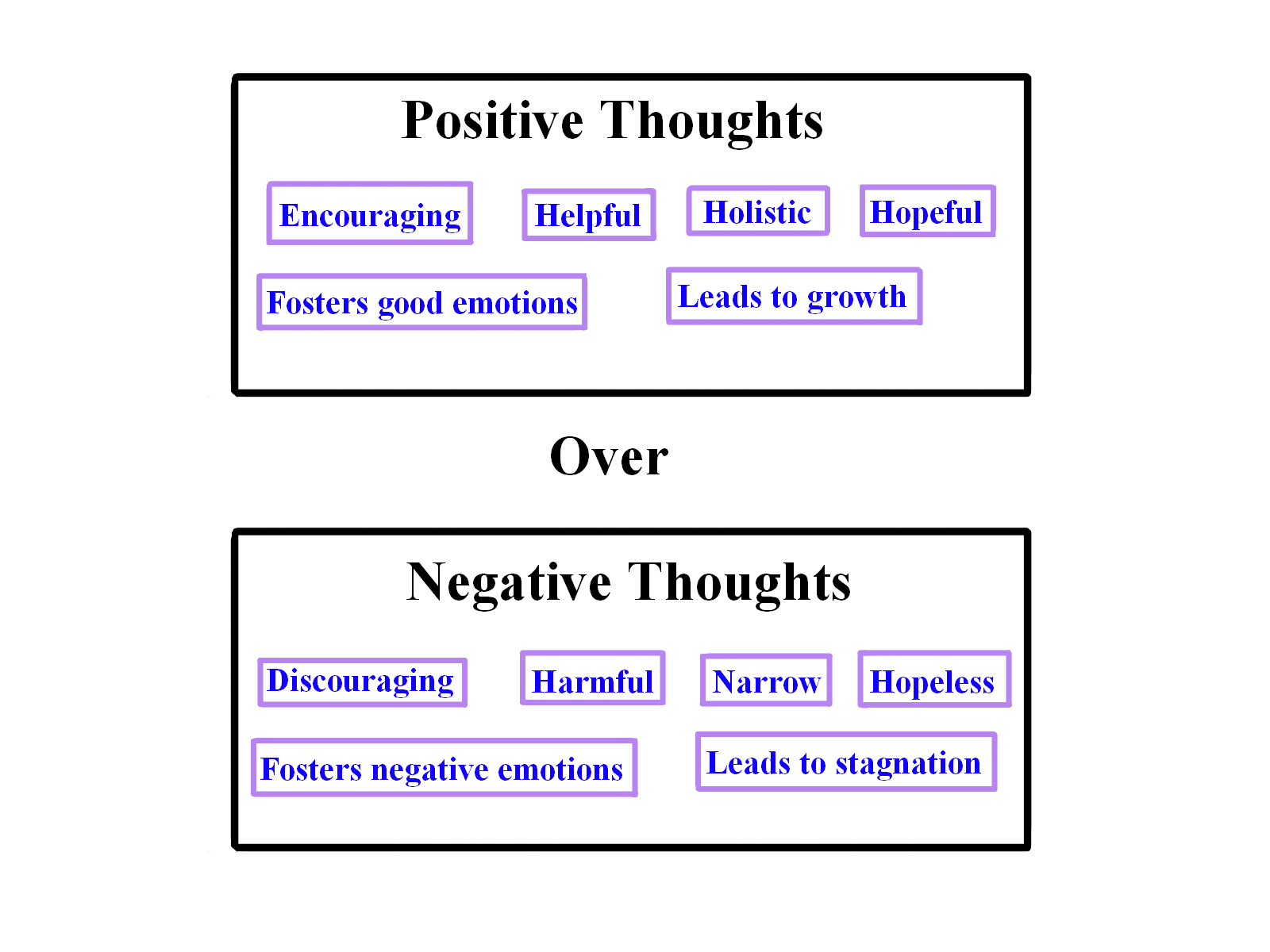Attitudes
Attitudes are something all individuals hold, and are shaped as we develop our personality throughout life. As Wolf et al. (2020) stated, “attitudes are overall evaluations of people, groups, concepts, and other factors that influence whether individuals feel positively or negatively.” In sociology, the examination of emotions is a key focus.
Studies over time have demonstrated that attitudes impact how people view the world and act. Wolf et al. (2020) explained that “attitudes are comprised of thoughts, feelings, and actions that are associated with beliefs, emotions, and past behaviors.” They can be straightforward or conflicting, serve various emotional needs, and vary in strength. Attitudes can predict behaviour accurately, and factors such as personality and circumstances influence their strength. People may hold positive or negative attitudes, which will likely change depending on their circumstances and inner belief systems.
Cultural celebrations can take many forms and influence people’s attitudes and behaviours in various ways. Multicultural events, including ceremonies, showcase the richness of different cultures and foster a sense of unity among individuals. This leads to improved positive attitudes. For instance, from an Indigenous viewpoint, the teachings of the sacred wheel, or medicine wheel, emphasize balance, and could be a catalyst for enhancing the attitude of everyone who embraces the sacred wheel.
Positive attitudes are important because of their benefits to people, Sarkhedi (2020) stressed. Maintaining a positive attitude involves more than just smiling. It helps to cultivate feelings of happiness, confidence, and good health; enhances the focus; promotes equilibrium, respect, love, and resilience; and benefits physical well-being and stress management. Sarkhedi (2020) added that maintaining emotional strength and decision-making skills can enhance a positive attitude, as well as reviewing achievements, reading inspiring quotations daily, optimistically challenging situations, and replacing negative thoughts with positive ones.
Why is this important? Thoughts influence emotions and behaviour, so embracing joy and pursuing goals with a positive mindset, even during difficult times, are vehicles to success. Maintaining an inspiring mindset involves remaining optimistic about situations, partnerships, and one’s own self. People with positive attitudes feel assured, and can find the silver lining even in challenging situations or difficult times. A positive attitude can be beneficial in resiliency, adaptability, and problem solving.

A negative or narrow mindset commonly includes a troublesome or skeptical viewpoint about one’s environmental elements, whether it is aimed at others or oneself. Cynicism is pointless and can result in issues with connections (Nadeau, 2023). Negative emotions can stem from various life circumstances and can involve seeking attention, being inflexible, and displaying aggressive behaviour. Unmanaged behaviour can result from trauma, psychological issues, lateral violence, and a lack of consideration for others’ feelings. Indicators of depression can include being self-critical, blaming others, having unrealistic demands, lacking persistence, and dwelling on the past. A positive mindset does not mean suppressing one’s difficult thoughts and emotions. This is referred to as toxic positivity. By holding a positive mindset, one is able to tolerate difficult and uncomfortable emotions without letting those emotions take over. Feeling comfortable with all the emotions that exist within is the path to cultivating an authentic positive mindset.
References
Nadeau, J. (2023, November 21). Negative attitude definition, causes & examples. Study.com. https://study.com/academy/lesson/negative-attitude-definition-examples.html
Sarkhedi, B. (2020, August 18). Importance of having a positive attitude in life. Times of India Blog. https://timesofindia.indiatimes.com/readersblog/thereality/importance-of-having-a-positive-attitude-in-life-24763/
Wolf, L. J., Haddock, G., & Maio, G. R. (2020). Attitudes. Oxford Research Encyclopedia of Psychology. https://oxfordre.com/psychology/display/10.1093/acrefore/9780190236557.001.0001/acrefore-9780190236557-e-247
Image Credit
Figure 2: Positive thoughts over negative thoughts by Lane Lacourciere for NorQuest College. Used with permission.
A state of feeling in response to stimuli.

